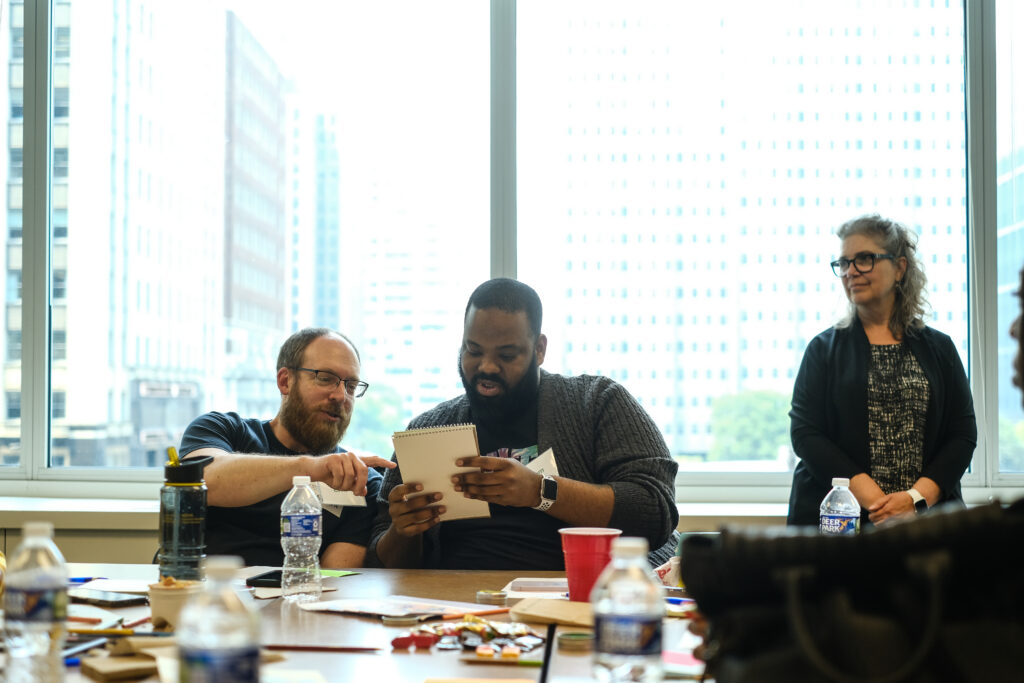
Trauma affects all of us.
As an organization that offers one-to-one counseling to low- to moderate-income people, many of whom have experienced racial and economic injustices throughout their lives, it is imperative for our staff to be trauma-informed.
This year, Clarifi began that commitment through an all-day training session with Eda Kauffman, a licensed social worker and trauma-informed expert. Under Eda’s guidance, we learned how integrating a trauma-informed, equity-centered lens in our work benefits both our clients and our fellow staff members.
According to some estimates, seven in 10 adults in the U.S. have experienced at least one type of traumatic event in their life.
Why trauma-informed?
Our team spent an entire day learning about trauma-informed approaches because we know how important it is to meet our clients where they’re at.
We can open Clarifi offices near our clients and offer our certified financial empowerment counseling, but we cannot have a true impact on our clients without first establishing a relationship of safety and trust. Safety makes space for managing feelings. That in turn allows people to deal with challenges and think about the future, opening the door for them to develop an action plan for long-term stability and success.
“Knowledge of the emotional, physiological, and neurological impacts of trauma changes the way we perceive and interact with others. When we meet adversity with compassion and a desire to validate & heal — rather than to judge or condemn — we manifest communities of care that empower people with self-knowledge and agency.”
Resilient Futures
A trauma-informed lens “offers survivors a chance to rebuild the connections and trust that were fractured by abuse and betrayal” and gives them “the space to make their own decisions,” per the National Network to End Violence. By building safe connections centered on transparency, responsiveness and empowerment, we create an environment where our clients can heal, grow and achieve their goals. This approach also supports our staff more deeply.
Key takeaway
When someone shows a trauma response, instead of reacting, blaming, disciplining or showing other negative behaviors — which can block personal growth and even lead to re-traumatization — let’s use empathy and compassion. When we listen without judgment, acknowledge the adversity, facilitate behavior changes and offer resources, we empower our clients to self-reflect, transform and build resilience.
What’s next?
We will continue this important work with Eda in future training sessions.
Thank you to BLBB Charitable for funding this first training session through the Healthy Workplace Grant, which is “designed to encourage happy, healthy teams within nonprofit organizations.”